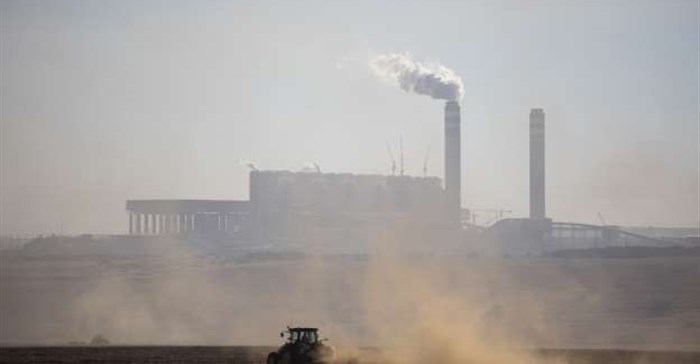
Subscribe & Follow
#AfricaMonth
Jobs
- External Sales Representative - Exports Vereeniging
In the news
DEFF orders Eskom to shut down Kendal units

A restart is not allowed until the DEFF approves it and Eskom must carry out maintenance to ensure compliance with the air emission licence.
Within 60 days of the decision, Eskom is required to submit a plan of action on Units 2,3,4 and 6. The plant has total capacity of 4,116 MW, and is described as the largest indirect dry-cooled power station in the world.
The first order from the DEFF was given in December 2019. Eskom objected, saying power generation at its Kendal plant was essential in tackling load shedding in South Africa. Present problems are caused by poor coal quality and work on site.
The DEFF order quoted Eskom as saying its ruling was “so unreasonable that no reasonable department could have taken it”.
Possibility of revoking licence
Following Eskom’s objections, Creecy allowed the company to halt operations at either Unit 1 or 5, so that they would not both be out of operation at the same time. The minister also extended the amount of time available for a plan to be formed on Units 2, 3, 4 and 6 from the original 30 days.
In the order from the department, Creecy raised the possibility of revoking Kendal’s licence in the case of non-compliance. The minister’s order was dated May 12 and allowed the chance of judicial review, which must begin within 180 days of the notice.
According to the Centre for Environmental Rights (CER) emissions from Kendal between November 2018 and October 2019 were responsible for as many as 274 deaths. Over four years to March 2020, Eskom exceeded particulate matter limits more than 2,800 times.
Eskom plans to operate Kendal until 2044, and it is considering extending the lives of some of older coal power plants at Hendrina, Arnot and Grootvlei.
Furthermore, CER said Eskom was working to amend the terms of a loan with the World Bank that would require it to fit flue gas desulphurisation (FGD) technology at Medupi, which would limit sulphur dioxide emissions. The power utility was supposed to have had the FGD retrofit completed by March 2018 but has not begun.











